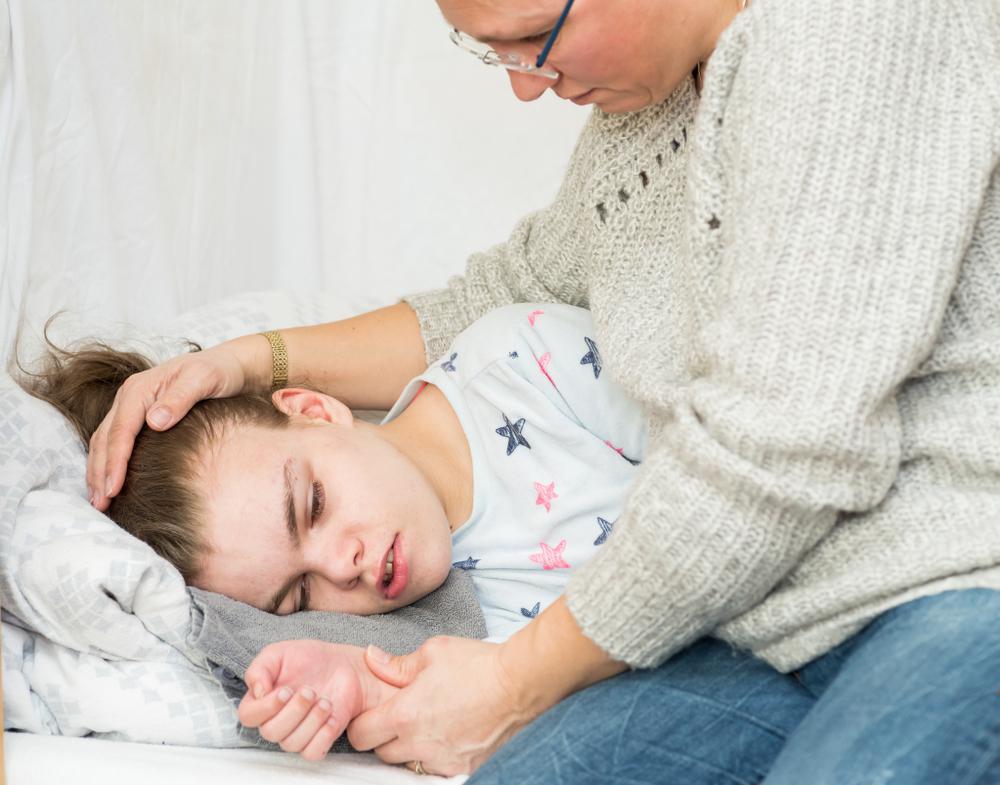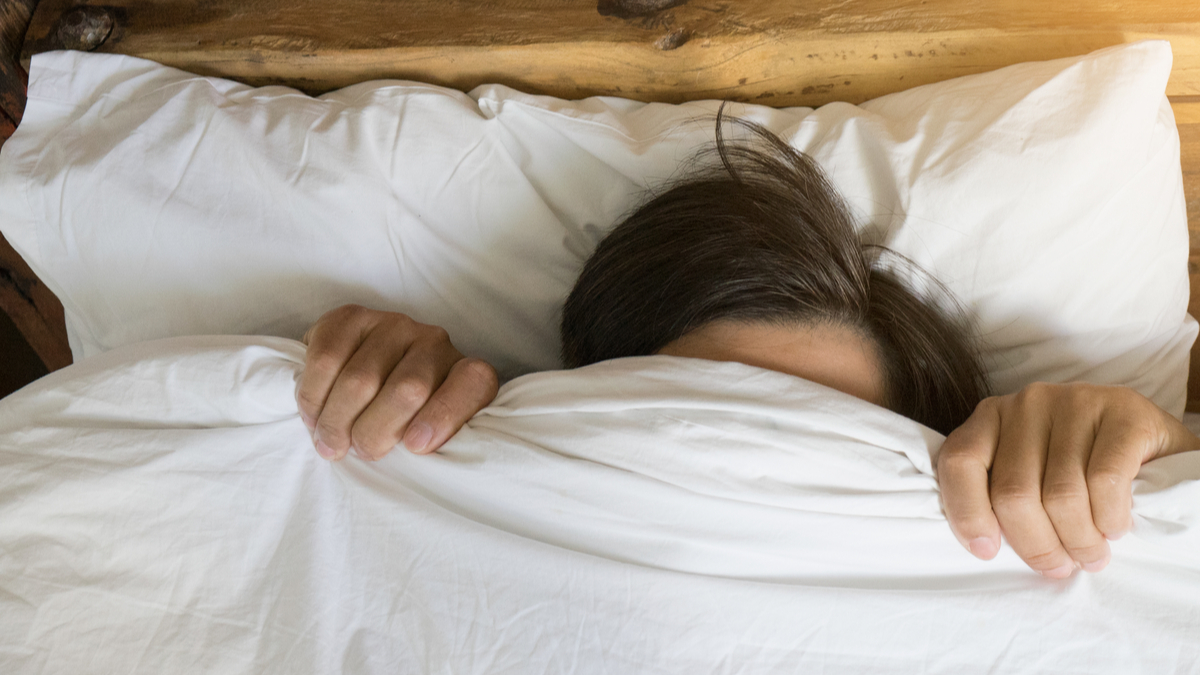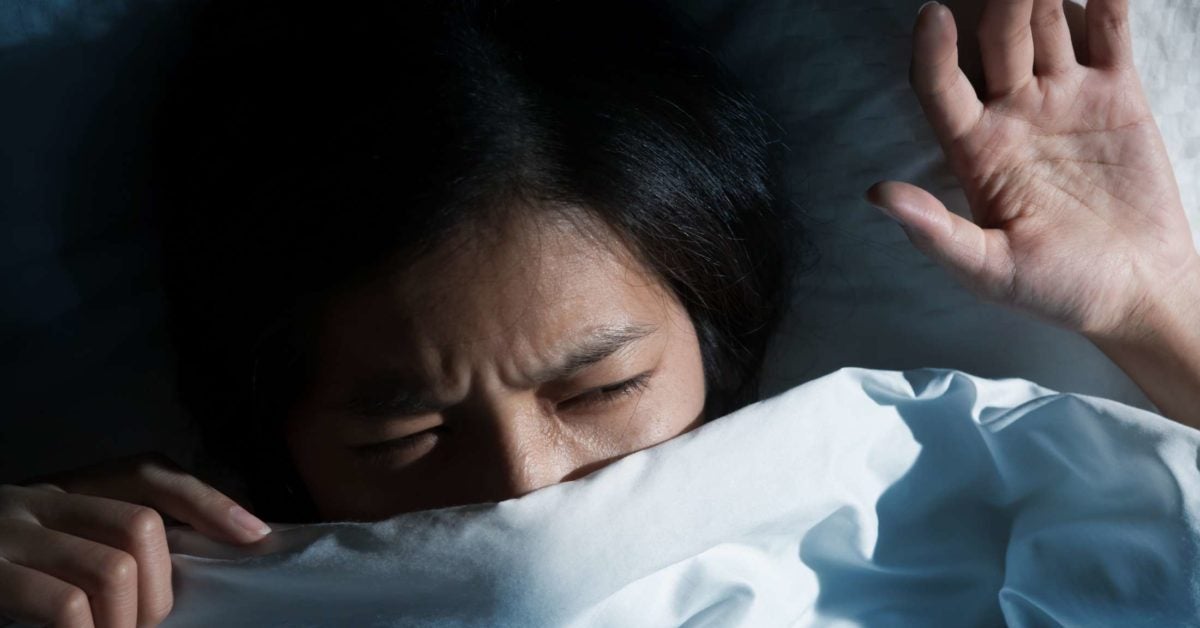Featured
Can Sleep Paralysis Cause Seizures
People with sleep apnea can stop breathing while they sleep for several seconds at a time. Symptoms linked to a lack of sleep can include.
Because Todds paralysis happens immediately after a seizure fewer seizures will mean that paralysis also occurs less often.
Can sleep paralysis cause seizures. When it comes to seizures you should know next things. Patients can sometimes tell when theyre about to have a seizure but then awareness becomes somewhat impaired and they cannot interact appropriately with their environment during the event. All me-Some may feel as though they are outside their body my couselor thought I may be schizophrenic there - Most of the time the cause is unknown.
Many people who have seizures may feel fatigued or sleepy for hours or even days after having a seizure. There are such things as sleep seizures and this may explain the ringing in your ears etc. These common seizures may include strange or unpleasant sensations in the stomach chest or head.
Seizures can be activated by sleep. Since a lack of sleep can be a trigger for seizures in general nocturnal seizures may also cause more daytime seizures. Sleep Apnea and Epilepsy The stress that sleep apnea causes to your body during the night can induce seizures.
Regular lack of sleep resulting in sleep deprivation can cause seizures Lack of Sleep and Seizures Although the connection is not clear it is known that the more severe the sleep deprivation then both higher are the chances of having a seizure and as well higher are the chances of having a seizure for a longer duration rather than a quick one. Awaking suddenly for an unknown reason. - they usually last less than 2 minutes - they can totally change your muscle activities - you can hear some strange sounds or even the voices when you have the attack.
A person can reduce the. Narcolepsy and sleep apnea have both been linked to sleeping paralysis as they can both result in fragmented sleep which coincidentally is one of the primary contributors of this condition. But with certain types of epilepsy seizures only occur during.
It certainly does sound like it could represent sleep paralysis hes aware but cant move or whats known as a complex partial seizure. This usually causes to muscles of the body to tighten or weaken temporarily. For people with epilepsy a lack of sleep can trigger a seizure.
You can have a seizure with any form of epilepsy while you sleep. However there are certain seizure conditions that are more likely to experience nocturnal seizure. Another reason why nocturnal seizures may be dangerous is that people can get hurt.
In your case it is definitely worth raising this with whoever is controlling your epilepsy. It can happen alongside other sleep disorders such as narcolepsy. A good quality sleep eeg may be of value.
For some reason sleep paralysis is not taken seriously unless it is associated with daytime uncontrolled sleepiness narcolepsy. They may fall out of bed or have bruises when they wake up from injuries at the night. Changes in the heart rate or breathing.
This goes on throughout the night and interrupts sleep patterns. I think it should be researched more as this is such a powerfully negative experience for. Often we have muscle jerks and spasms during sleep or even talk and walk about in our sleep.
This phenomenon may also affect speech and vision. Heat attacks strokes and seizures are some of the medical conditions that many suggest are related to paralysis while sleeping. Sometimes people experience a condition called post-seizure paralysis or postictal paralysis which is temporary weakness of part of the body.
Any seizure can occur during sleep. Certain conditions do appear to run in families such as sleepwalking. There are some crucial differences between sleep paralysis and seizures.
Well everything I read said that there is no relation to seizures. An epileptic seizure is caused by unusual electrical activity in the brain. Since sleep apnea results in poor quality sleep the chances of having a seizure during the night increases.
A period of temporary paralysis after a seizure is called Todds paralysis. For some people sleep is disturbed not by dreams but by seizures. Sleep paralysis is not life-threatening but it can cause anxiety.
According to the National Institute of Neurological Disorders and Stroke NINDS this paralysis typically occurs on just one side of the body and it may be partial or full. Anyway I looked this up on the internet years ago and what they call sleep paralysis which is caused by waking up during the wrong point of a sleep cycle and you cant move because your body produces a chemical that keeps you from sleep walking. Its not permanent but it can last from 30 minutes to 36 hours with 15 hours being the average.
Nocturnal seizures happen when a person is sleeping. When your breathing gets cut off it can cause your body to go into a state of distress which can in turn induce a seizure. The cause of parasomnias is often unknown.
We go into a state of paralysis normally during rem sleep. They are most common right after falling asleep just before waking up and soon after waking up. Causes and Risk Factors.
For those with epilepsy sleep apnea has been known to create a higher likelihood of night seizures. Increase in daytime seizures triggered by a lack of sleep.
:max_bytes(150000):strip_icc()/symptoms-of-sleep-paralysis-3014781.png_V2-b47beb146a5b44cd8bb77e1e00f7ff36.png) What Are The Common Scary Symptoms Of Sleep Paralysis
What Are The Common Scary Symptoms Of Sleep Paralysis
/what-causes-sleep-paralysis-3014700_FINAL-b1afc63ebd504b5d9b8a67533cef21e7.png) Sleep Paralysis Causes Definition Risk Factors
Sleep Paralysis Causes Definition Risk Factors
 Sleep Paralysis A Comprehensive Study Periodic Paralysis Association
Sleep Paralysis A Comprehensive Study Periodic Paralysis Association
 Epilepsy And Sleep The Silent Struggle With Nighttime Seizures
Epilepsy And Sleep The Silent Struggle With Nighttime Seizures
/what-causes-sleep-paralysis-3014700_FINAL-b1afc63ebd504b5d9b8a67533cef21e7.png) Sleep Paralysis Causes Definition Risk Factors
Sleep Paralysis Causes Definition Risk Factors
 What Is Sleep Paralysis And How Can You Prevent It
What Is Sleep Paralysis And How Can You Prevent It
 Researchers Explain 10 Causes Of Sleep Paralysis And How To Prevent It
Researchers Explain 10 Causes Of Sleep Paralysis And How To Prevent It
 Terror In The Night The Psychologist
Terror In The Night The Psychologist
 Sleep Paralysis Stories Demons Or Just Sleep Hallucinations
Sleep Paralysis Stories Demons Or Just Sleep Hallucinations
 Sleep Paralysis What Is It And How Can You Cope With It
Sleep Paralysis What Is It And How Can You Cope With It
 Sleep Paralysis Causes Symptoms And Tips
Sleep Paralysis Causes Symptoms And Tips


Comments
Post a Comment